5 Worst Laws Ever Implemented in the US History
Laws are made to build a just society and to make citizens feel safe. But what could be more unjust when lawmakers themselves pass bills that infringe citizens’ rights or are morally wrong?
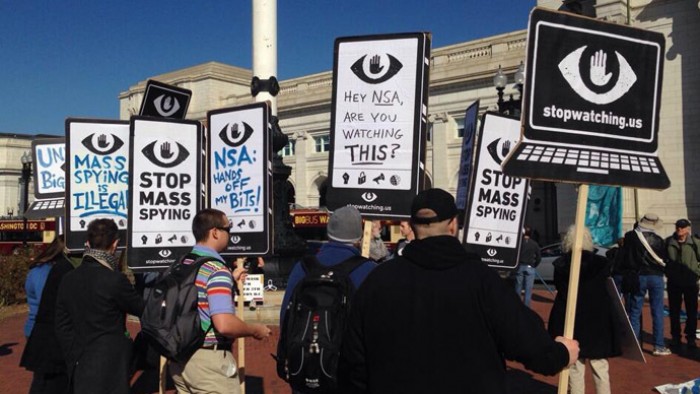
It leads to huge revolutions when groups of people refuse to follow certain laws imposed by the government are nothing but unjust. In the past, some of the US politicians have passed bills and acts that were plain wrong on moral grounds or hindered citizens’ rights, or unnecessarily forced their own deplorable beliefs on the whole country.
Here are some of the worst laws that have ever been implemented in US history.
1. The Fugitive Slave Act of 1850
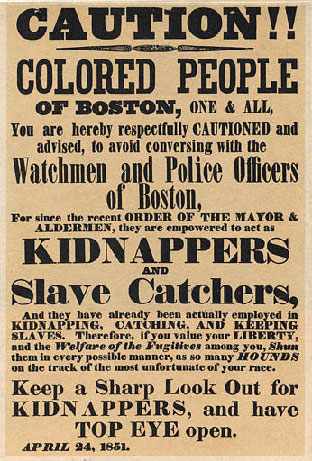
By the 1830s, the abolitionists in the North finally began uniting to form a much powerful group and intimidated the slave owners in the South. The Fugitive Slave Act, which was already in action at that time, gave local governments the power to get hold of runaway slaves and return them to their owners. But that didn’t go down well with the people in the South. Southerners couldn’t even stand that the people in the North would help in hiding runaway slaves.
Thus, the Fugitive Slave Act of 1850 was passed by the government as a part of the “Compromise of 1850” to pacify the fear of the Southerners. This extremely harsh proslavery measure forced its citizens in capturing runaway slaves. And if someone refused or helped a runaway slave, he or she would get penalized with a $1,000 fine and 6 months imprisonment. Also, the Act declined the slave the right to a jury trial. After the breakout of the Civil War, the process of revoking the law was held off until 1864 when Congress finally repealed it.
2. The Smoot Hawley Tariff
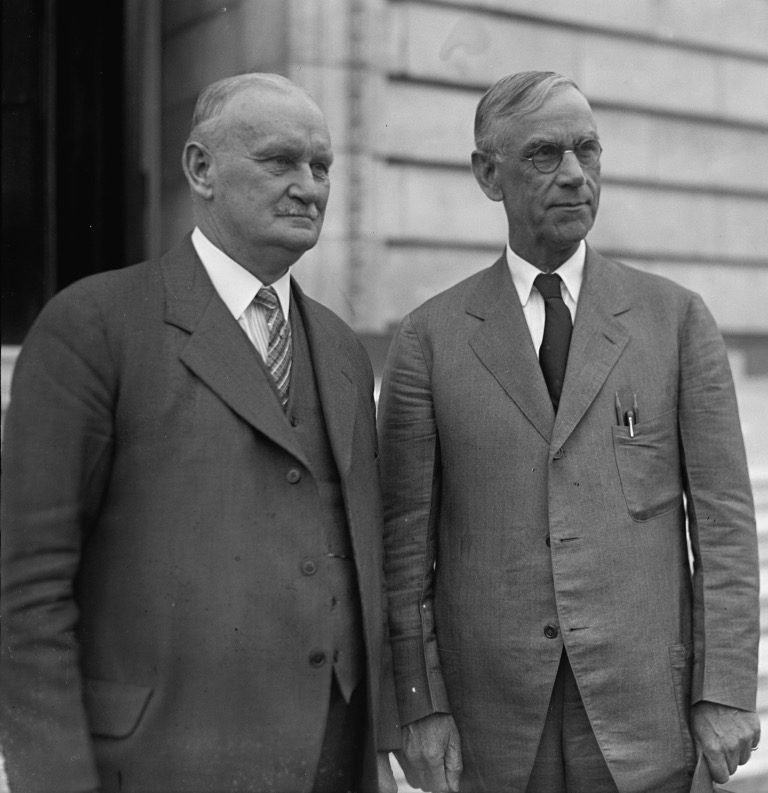
Officially called the Tariff Act of 1930, the Smoot-Hawley Tariff Act is one of many nationalistic laws passed by the United States. Apparently, it was formulated to protect American businesses and farmers from economic upheaval by increasing taxes on more than 20,000 items by up to 20%.
Out of distress, over 1,000 economists signed a petition to win the favor of then-President Herbert Hoover in order to veto the bill. But he refused as promising to increase the agricultural tariffs had been a crucial part of his campaign.
Just around then, the stock market crashed and the world was heading towards the Great Depression. Rather than protecting the US as was being hoped for, the Smoot-Hawley Tariff Act did much harm to the country (especially its international trading) along with the other part of the world. Some people even contended that the Smoot-Hawley Tariff Act may have made a contribution to the rise of Adolf Hitler as it intensified the Great Depression.
3. Public Law 503
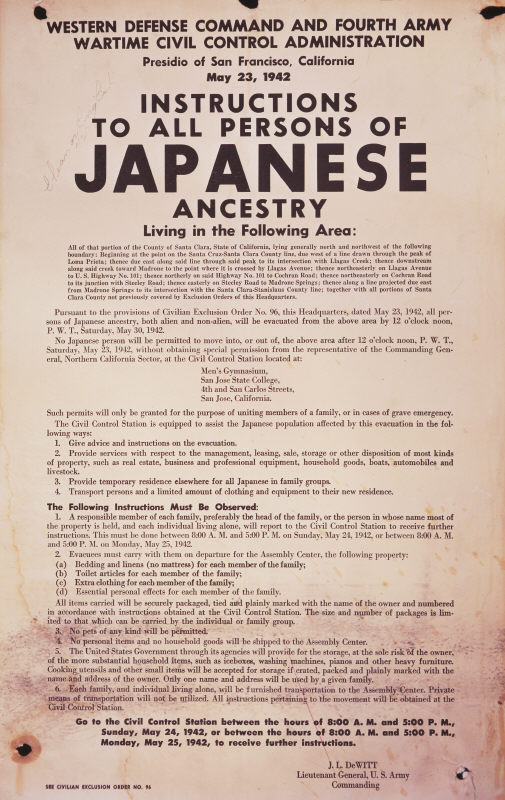
During World War II, President Franklin Roosevelt issued Executive Order 9066 and authorized military officials to apprehend those hindering the war effort. And to systemize it, Public law 503 was passed kicking off the appalling periods of US history began. The unlawful confinement of more than 127,000 innocent Japanese-American citizens took place.
Relying on the flawed belief that all Japanese Americans would go back to their ancestral country if the US was invaded. Also, about two-thirds of those confined were born and brought up in America. And, a lot of them had never been to Japan.
Even though Public Law 503 was later on challenged in the Supreme Court, it was sustained as the Court justified it as a wartime necessity. When the war came to an end, the former confines could not return home. It was in 1988 when Congress asked for a pardon and offered the surviving interns $20,000 each.
4. The Patriot Act
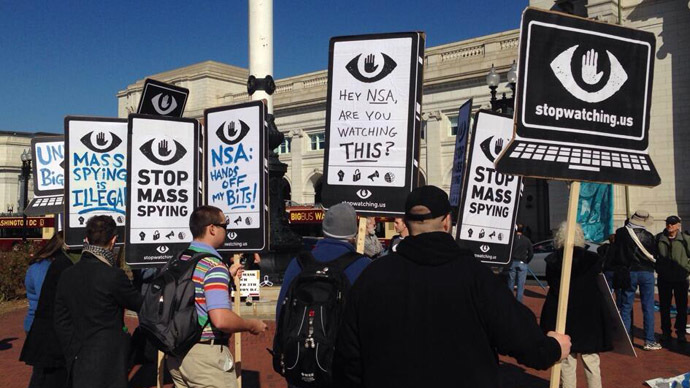
The Patriot Act was passed few weeks after the tragic and unfortunate 9/11 attacks. It was apparently created to aid the US government in uncovering suspected terrorists and prevent any further attacks. But it rather gave the government extensive powers enabling them to spy on virtually every American, violating people’s rights to privacy.
Also in 2015, the inspector general of the Justice Department was told by the FBI that not even a single major terrorism case had been cracked with the help of the Patriot Act.
5. The Gulf of Tonkin Resolution
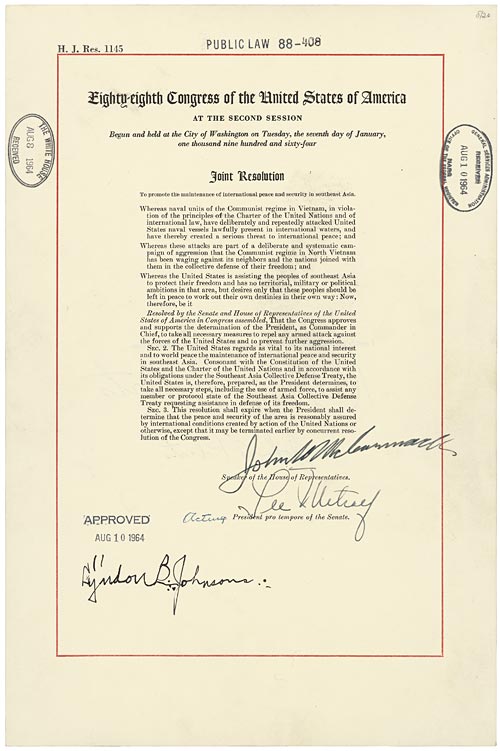
The Gulf Of Tonkin Resolution of 1964 has been used as a precedent for many US presidents who wanted to participate in armed conflict. Before America’s entry into the Vietnam War, North Vietnamese forces had fired on 2 different US ships. Facing much flak from his Republican opponent, President Lyndon B. Johnson went on to seek Congressional consent for broad, far-reaching powers to safeguard US interests in the area.
A bill called the Gulf of Tonkin Resolution was almost unanimously passed (with an objection of just two members of the Senate) through Congress in 1964, giving the president the power to wage war without any formal declaration from the legislative branch.
In 1971, it was repealed as the then-President Richard Nixon intended to intensify a conflict in Cambodia. The later investigations into the Gulf of Tonkin incident that led to the passage of the resolution disclosed that some information that was rendered to Congress was false.
Popular Posts
Top 10 Sharpest & Deadliest Swords In History
In classic mythological movies, books and television, we’ve seen those audacious sword-wielding heroes smiting the enemi...
Augustus Perez
List of Water Deities from Different Mythologies
Water deities are the gods and goddesses who had the powers to control the elements of water and ruled over all the fresh and saltwater of the earth. Here’s a list of water deities from different mythologies.
Rishika Gupta
Winged Lion: The Terrifying Mythical Creature In Different Mythologies
A mythological creature, a winged lion dates back to ancient times. This flying lion-like creature has origins in Heraldry, Christianity, Mesopotamian, and Greek mythologies.
Ethan Stephans








